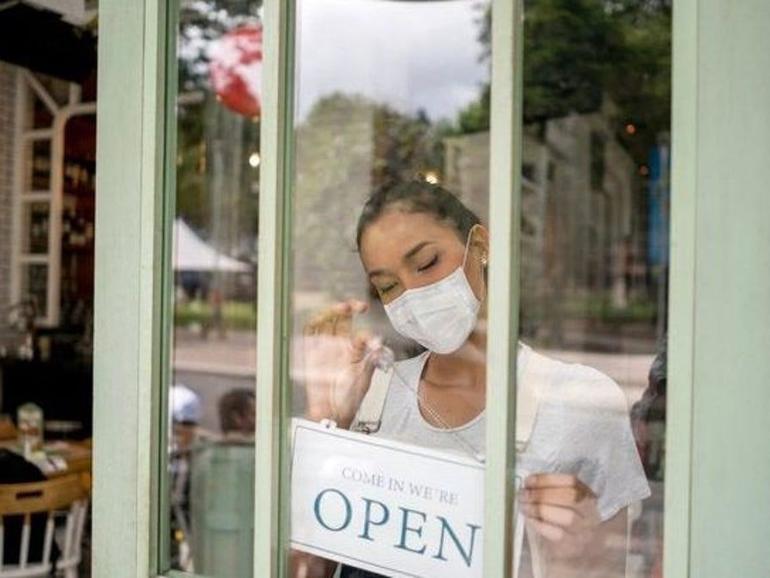The NSW government has announced that all venues across the state will need to have a digital registration system in place that can record patrons’ names and contact details by November 23 for COVID-19 contact tracing, or they risk being penalised.
The state government has suggested venues can electronically keep records of patrons through a QR code.
Conveniently, the NSW government went live with its QR code COVID-19 contact tracing scanner solution in September. Integrated into the latest version of Service NSW, the technology allows customers to use a QR code scanner to check in at hospitality venues and Service NSW centres across the state, which will enable contact tracers to quickly access customer details for potential COVID-19 contact tracing.
For customers who do not have access to a smartphone, the state government suggested that contact details and time of entry are recorded using a digital device.
“We can’t respond to a pandemic with paper. We must be fast and precise and digital is the best way forward,” Minister for Customer Service Victor Dominello said.
“We have to move away from the walk-in culture to the check-in culture. This is about building resilience as we continue to open up as safely as possible heading into summer.”
The new mandate will apply to venues including amusement centres, aquariums, crematoria, drive-in cinemas, entertainment facilities, function centres, funeral homes, education facilities, zoos and reptile parks, major recreation facilities, indoor recreation facilities, public swimming pools, properties operated by the National Trust or the Historic Houses Trust, and hospitality venues, such as casinos, food and rinks premises, breweries or distillers, pubs, bars, and registered clubs.
Business premises used for auction houses; beauty, hairdressing, waxing, and tanning salons; spas; tattoo or massage parlours; as well as brothels, strip clubs, and party buses are also included on the mandate list.
In addition, events, including those hosted on a boat, such as corporate events, funeral services, and wedding-related services and gatherings will be required to collect patrons’ names and contact details.
“Complacency is our greatest threat and any business that thinks they are above the law will face serious penalties,” Dominello said.
Under current laws, venues that fail to keep records of patrons risk facing the maximum penalty of AU$11,000, or 6 months imprisonment, or both, and a further AU$5,500 penalty may apply for each day the offence continues. They could also be issued an on-the-spot fine of AU$1,000.
See also: Citizen data compromised as Service NSW falls victim to phishing attack
As part of the announcement, the NSW government also addressed the potential challenge that venues could face when operating their digital registration system if an internet outage was to occur.
“Venues can manually acquire details digitally, for example in Excel,” the NSW government said.
Using Excel as a tool to record results, however, may have caused the UK’s Public Health England (PHE) to lose nearly 16,000 COVID-19 test results, The Guardian previously reported.
The news report detailed how one testing lab had sent its daily test report to PHE in the form of a CSV file, and that report was then uploaded into Microsoft Excel and added to the bottom of the main sheet. But while CSV files can be any length, Microsoft Excel files can only be 1,048,576 rows long — or, in older versions which PHE was believed to be using, just 65,536. That meant once the lab had exceeded the number of rows, the data was cut off and no longer displayed.
The Guardian reported the data error resulted in potentially infectious people being missed by contact tracers and not told to self-isolate.



